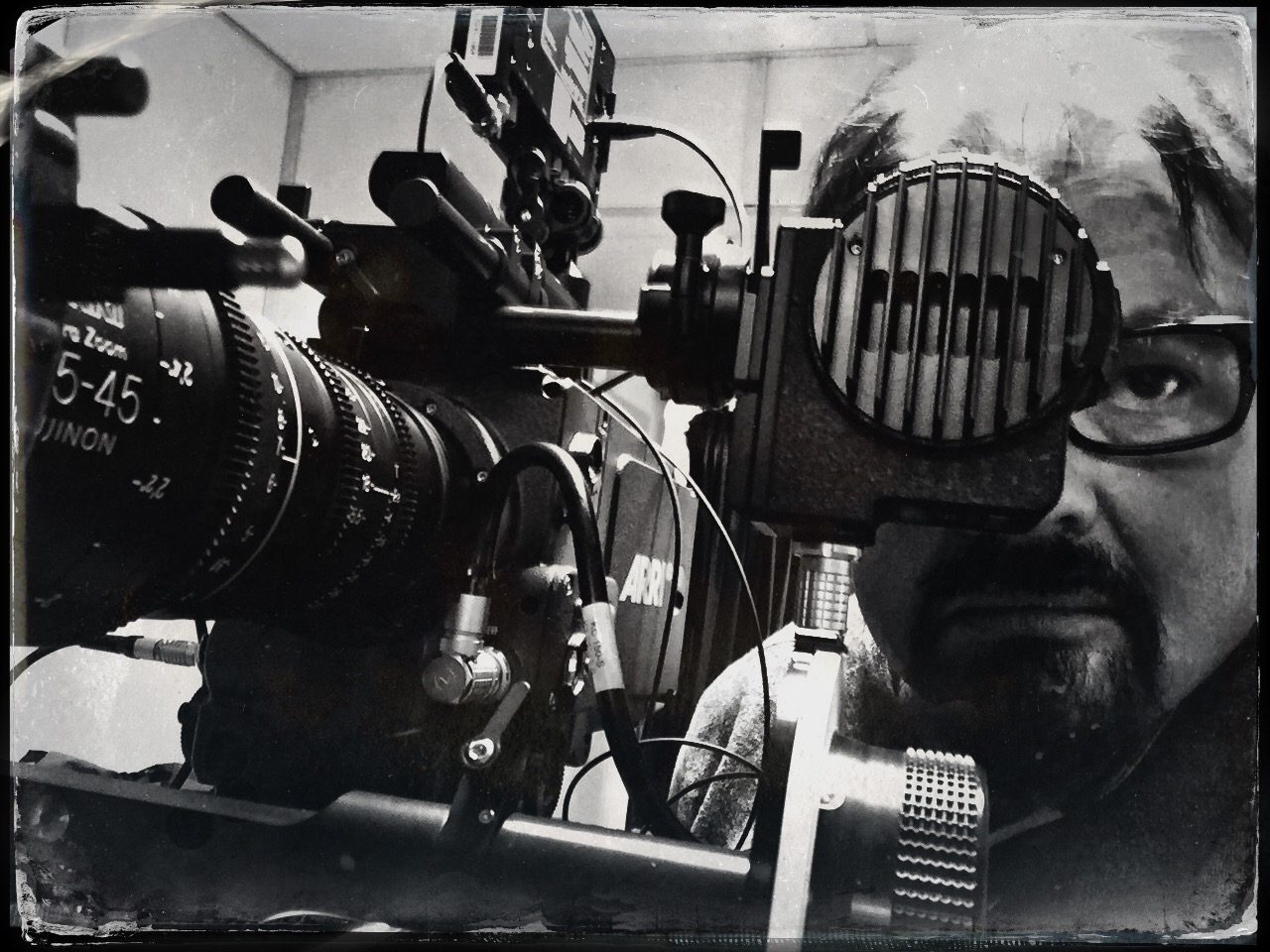 An Everyday Magic – Cinema and Cultural Memory
An Everyday Magic – Cinema and Cultural Memory
Abstract: Exploring cinemagoing and cinema culture, this book considers the 1930s, when “going to the pictures” was everybody’s favourite spare-time activity. From the familiar and magical surroundings of the picture houses themselves to the action and romance on the screen, Annette Kuhn draws on extensive interviews with picturegoers, research in cultural history and readings of popular films of the day to discover how cinema brought a special magic to the daily lives of a generation of young men and women growing up in an austere climate of making-do.
Kuhn, A. (2002). An everyday magic : Cinema and cultural memory (Cinema and society). London: I.B. Tauris.
 The Collective memory Reader
The Collective memory Reader
There are few terms or concepts that have, in the last twenty or so years, rivaled “collective memory” for attention in the humanities and social sciences. Indeed, use of the term has extended far beyond scholarship to the realm of politics and journalism, where it has appeared in speeches at the centers of power and on the front pages of the world’s leading newspapers. The current efflorescence of interest in memory, however, is no mere passing fad: it is a hallmark characteristic of our age and a crucial site for understanding our present social, political, and cultural conditions. Scholars and others in numerous fields have thus employed the concept of collective memory, sociological in origin, to guide their inquiries into diverse, though allegedly connected, phenomena. Nevertheless, there remains a great deal of confusion about the meaning, origin, and implication of the term and the field of inquiry it underwrites.
Olick, J., Vinitzky-Seroussi, Vered, & Levy, Daniel. (2011). The Collective memory reader. Oxford: Oxford University Press.
 Qualitative Research Methods – collecting evidence, crafting analysis, communicating impact.
Qualitative Research Methods – collecting evidence, crafting analysis, communicating impact.
Qualitative Research Methods is a comprehensive, all-inclusive resource for the theory and practice of qualitative/ethnographic research methodology.
Serves as a “how-to” guide for qualitative/ethnographic research, detailing how to design a project, conduct interviews and focus groups, interpret and analyze data, and represent it in a compelling manner
Demonstrates how qualitative data can be systematically utilized to address pressing personal, organizational, and social problems
Written in an engaging style, with in-depth examples from the author’s own practice.
Tracy, S. (2013). Qualitative research methods : Collecting evidence, crafting analysis, communicating impact. Oxford: Wiley-Blackwell.


